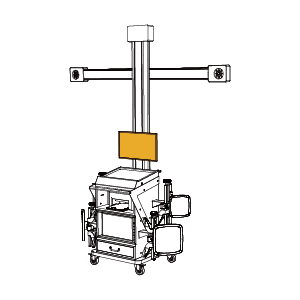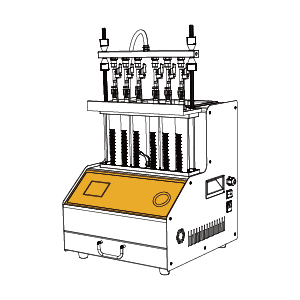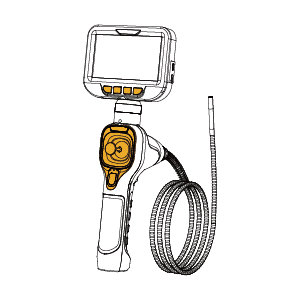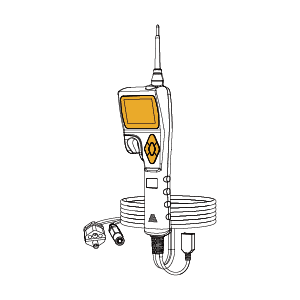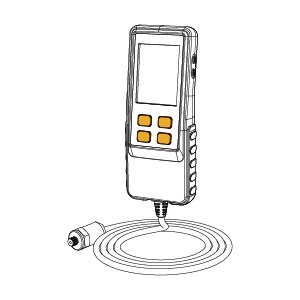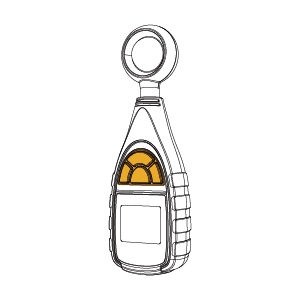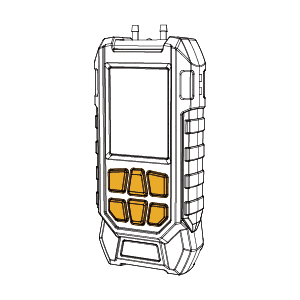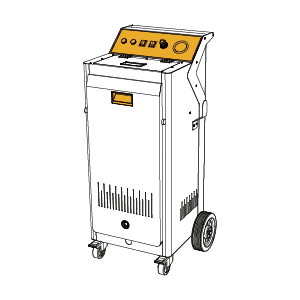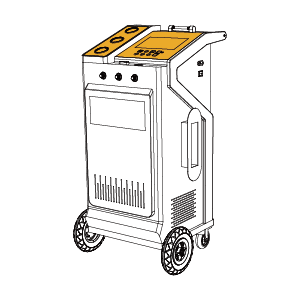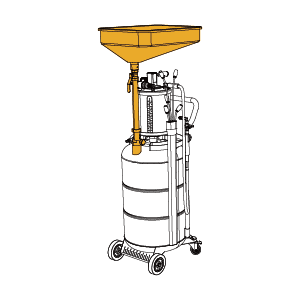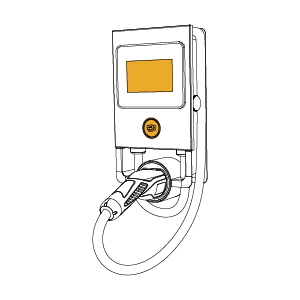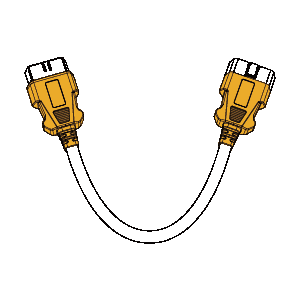AUTOOL Blog, Tech Trends
Transmission Fluid Change: When, Why, and How to Avoid Expensive Repairs
Transmission fluid is like the lifeblood of your vehicle’s transmission system. It does more than just lubricate—it also helps with cooling, cleaning, rust prevention, and even power transmission. Failing to replace your transmission fluid in time can lead to harsh shifting, sluggish acceleration, or even severe transmission failure—repairs that could easily cost thousands of dollars.
In this article, we’ll help you understand:
- When to change your transmission fluid
- Warning signs of deteriorated fluid
- How to accurately test your fluid condition
Recommended Transmission Fluid Change Intervals
Different types of transmissions require different maintenance schedules. Below are industry-standard reference values (always refer to your vehicle’s owner’s manual for precise recommendations):
Manual Transmission (MT)
- Change every 80,000–100,000 km (50,000–60,000 miles) or every 3 years
- While simple in structure, manual transmissions still need fresh fluid for smooth shifting
Automatic Transmission (AT)
- Change every 40,000–80,000 km (25,000–50,000 miles) or every 2 years
- If you frequently drive in heavy traffic or high-speed conditions, consider changing it sooner
CVT (Continuously Variable Transmission)
- Change every 60,000–80,000 km (37,000–50,000 miles)
- CVTs are more sensitive to fluid degradation and prone to slipping when fluid quality drops
Dual-Clutch Transmission (DSG/DCT)
- Wet-type: Around 60,000 km (37,000 miles)
- Dry-type: Requires more frequent inspection; follow your manufacturer’s service schedule carefully
Warning Signs Your Transmission Fluid Needs Changing
Watch for these common symptoms:
- Rough, delayed, or jerky shifting
- Poor acceleration or sluggish throttle response
- Unusual noise at high speeds
- Difficulty engaging gears when cold
If you notice any of these, it’s time to check your transmission fluid.
How to Know When Fluid Replacement Is Necessary
In addition to following mileage and time intervals, you can rely on professional diagnostic tools for accurate fluid health assessment.
We recommend the AUTOOL AS505 Transmission Fluid Tester for precise detection of fluid quality, oxidation level, and water contamination in transmission fluids.
Using a tool like this helps prevent unnecessary replacements and ensures your fluids are changed exactly when needed.
conclusion
Changing your transmission fluid is not optional—it’s essential for vehicle longevity and performance. Whether you drive an MT, AT, CVT, or DSG, smart maintenance means:
- Considering mileage and driving conditions
- Watching for fluid degradation signs
- Using professional tools for on-the-spot testing
For workshop owners and DIY car enthusiasts alike, the AUTOOL AS505 Transmission Fluid Tester is a reliable and affordable investment. It helps you make accurate decisions on whether a transmission fluid change is needed—reducing unnecessary maintenance costs and minimizing the risk of customer complaints or warranty claims due to neglected fluid service. Welcome to contact online customer service to discuss more details.
Online Support




